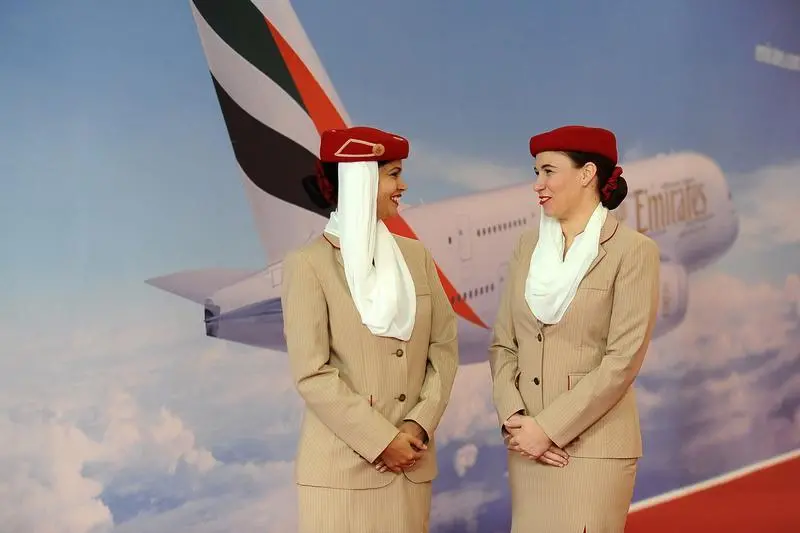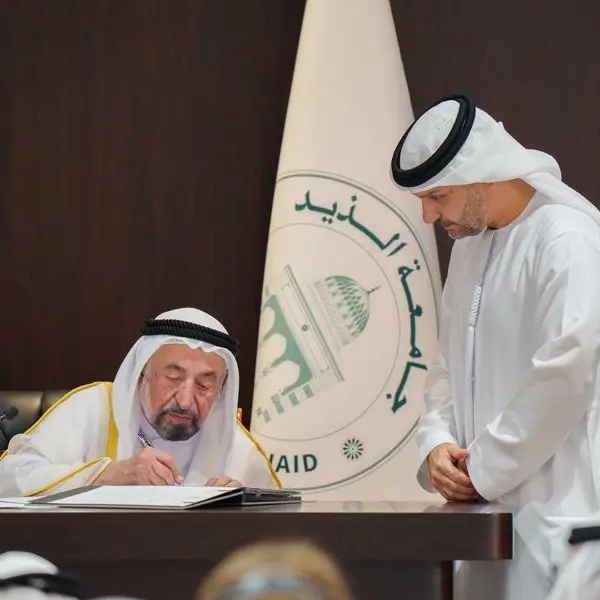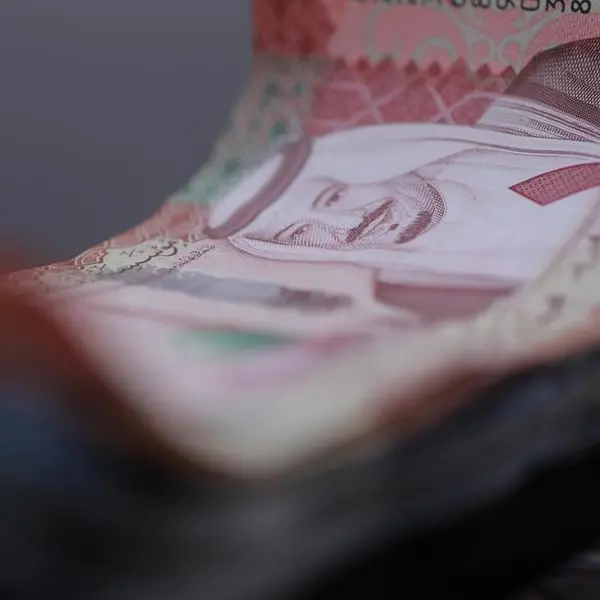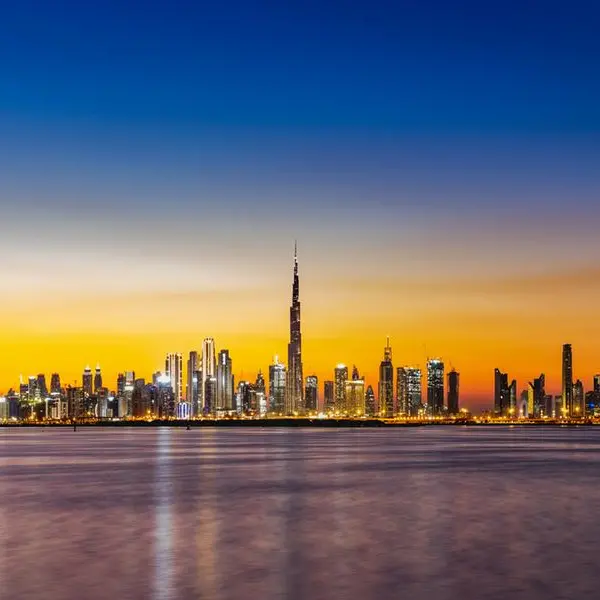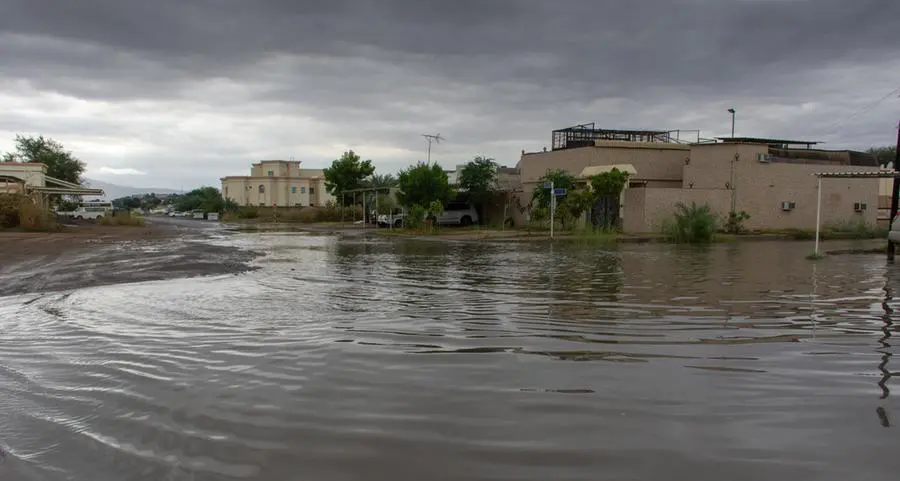PHOTO
By Victoria Bryan
BERLIN, March 9 (Reuters) - Emirates, the world's largest long-haul carrier, said on Thursday it was concerned President Donald Trump's latest travel order will still deter Muslim visitors to America, after booking rates on U.S. flights fell 35 percent following January's ban.
Trump signed a new executive order on Monday, which takes effect on March 16, keeping a 90-day ban on travel to the U.S. by citizens of Iran, Libya, Syria, Somalia, Sudan and Yemen.
However, the order applies only to new visa applicants, meaning about 60,000 people whose visas were revoked by the previous order will now be permitted to enter. It also removed Iraq from the list.
"I am concerned. It's the tone of it. We have brought millions of Muslims to the United States, but now they may not feel welcome, they may look at going on holiday elsewhere," President Tim Clark told journalists in Berlin on the sidelines of the ITB travel fair.
Akbar Al Baker, the chief executive of Gulf rival Qatar Airways, said on Wednesday his airline had not seen a drop in demand for U.S. flights.
"I make sure that when I deploy my planes, they are full, that the passengers are allowed to go into and out of a country," he said.
Demand for travel to the United States over the coming months has flattened with flights to and from the Middle East the hardest hit, a study released by travel analysis company ForwardKeys showed on Monday.
The January order caused chaos and confusion at airports worldwide, with the airline industry complaining about a lack of clear and direct communication from U.S. officials.
Emirates, which flies to 11 U.S. cities, has not fully recovered from the original Jan. 27 travel ban, suspended on Feb. 3. "The effect it had was instantaneous," Clark said.
He said the revised order issued this week offered more clarity, and there had been some positive movement in bookings on the Emirates network but not a full recovery.
"When will it recapture the original booking curve is anyone's guess," he said, adding that he hoped for an improvement in the summer after the usually quiet period during the Muslim fasting month of Ramadan.
(Reporting by Victoria Bryan; Writing by Alexander Cornwell in Dubai; Editing by Jane Merriman and Edmund Blair) ((victoria.bryan@thomsonreuters.com; +49 30 2888 5169; Reuters Messaging: victoria.bryan.thomsonreuters.com@reuters.net Twitter:@vl_bryan))
